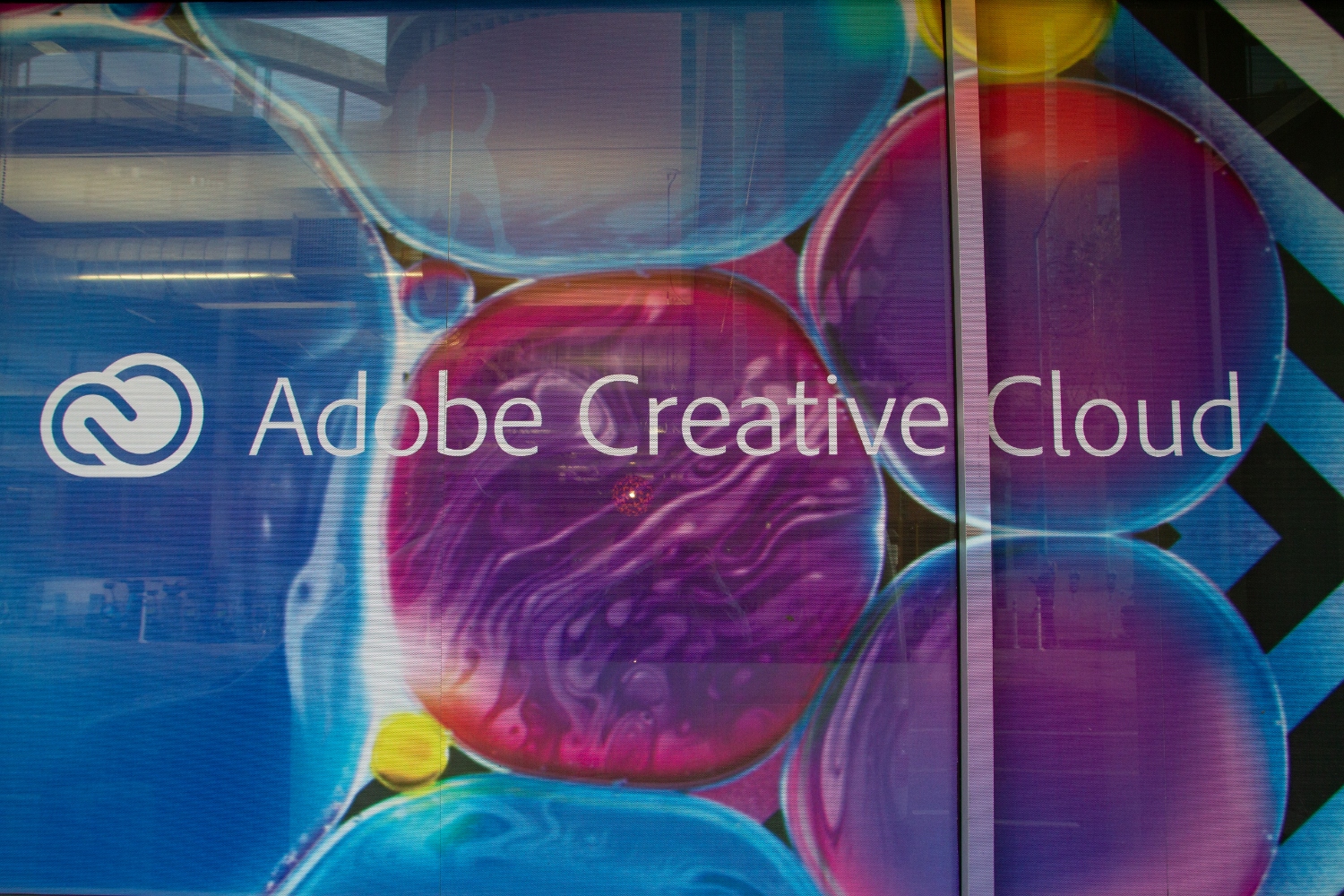US Sanctions Force Adobe to Deactivate Venezuelan Accounts (Updated)
Updated, 10/14/19, 9:15am PT: Adobe sent us the following statement:
"We can confirm that Behance will continue to be accessible in Venezuela. And, Customers who purchased directly from Adobe will be refunded by the end of the month. We are working with our partners on the same. We regret the difficulties this causes our customers. We will share more details about how our operations and customer activities might be impacted, as they become available."
Behance is the company's social platform for creative professionals. We asked Adobe what prompted this change in its response to Executive Order 13884. It's not clear if the company's understanding of the order changed, if it's capitulating to backlash or if it was given a special exemption to issue refunds in Venezuela despite the restrictions. The company has not responded to our request for additional information.
Original article, 10/8/19, 8:19am PT:
Change is hard. Adobe's switch to subscription-based pricing was no exception, forcing users to pay a monthly fee to use Photoshop, Illustrator and the software vendor's other creative tools, rather than being able to buy them outright. Those people are likely feeling some amount of vindication since Adobe yesterday revealed that it has to deactivate the accounts of Venezuelan customers to comply with U.S. sanctions.
The U.S. government issued Executive Order 13884 on August 7 to prohibit U.S. companies from doing business in Venezuela. That means Adobe has to deactivate these accounts, and even though it promised to "continue to monitor developments closely" and "make every effort to restore services to Venezuela as soon as it is legally permissible to do so," the company has no way of knowing when the sanctions will be lifted.
But that's not even the worst part. Adobe said in the support document that it's "unable to issue refunds" because Executive Order 13884 "orders the cessation of all activity with the entities including no sales, service, support, refunds, credits, etc." People who signed up for Adobe's services with an annual subscription, then, effectively gave the company a bunch of money for services it can no longer offer because of U.S.-Venezuela relations.
Adobe customers, (which includes users of services like Creative Cloud, Lightroom, Document Cloud and Adobe Spark), in Venezuela have until October 28 to download any files. Afterwards, their Adobe accounts will be deactivated. Adobe didn't clarify whether that means the stored files will be permanently deleted on that date or if it will hold onto them in the hopes of the U.S. lifting sanctions on Venezuela.
Get Tom's Hardware's best news and in-depth reviews, straight to your inbox.
It can be easy to justify software companies switching to subscription offerings (just think of the Microsoft Office - Office 365 debate). Most regularly update their services, and the subscription model encourages them to keep working on those updates rather than focusing on major upgrades that have to be purchased separately. A lot of services also include some amount of cloud-based storage that incurs extra costs for the company that are then passed on to the consumer via the monthly fee.
But the looming deactivation of these accounts represents an irrefutable argument against subscription offerings: people are paying for something that can be taken away from them at any time. Venezuelans who have an older version of Adobe's products won't see them forcibly removed from their PCs. Venezuelans who embraced the company's new business model, however, might as well have burned their money instead.

Nathaniel Mott is a freelance news and features writer for Tom's Hardware US, covering breaking news, security, and the silliest aspects of the tech industry.
